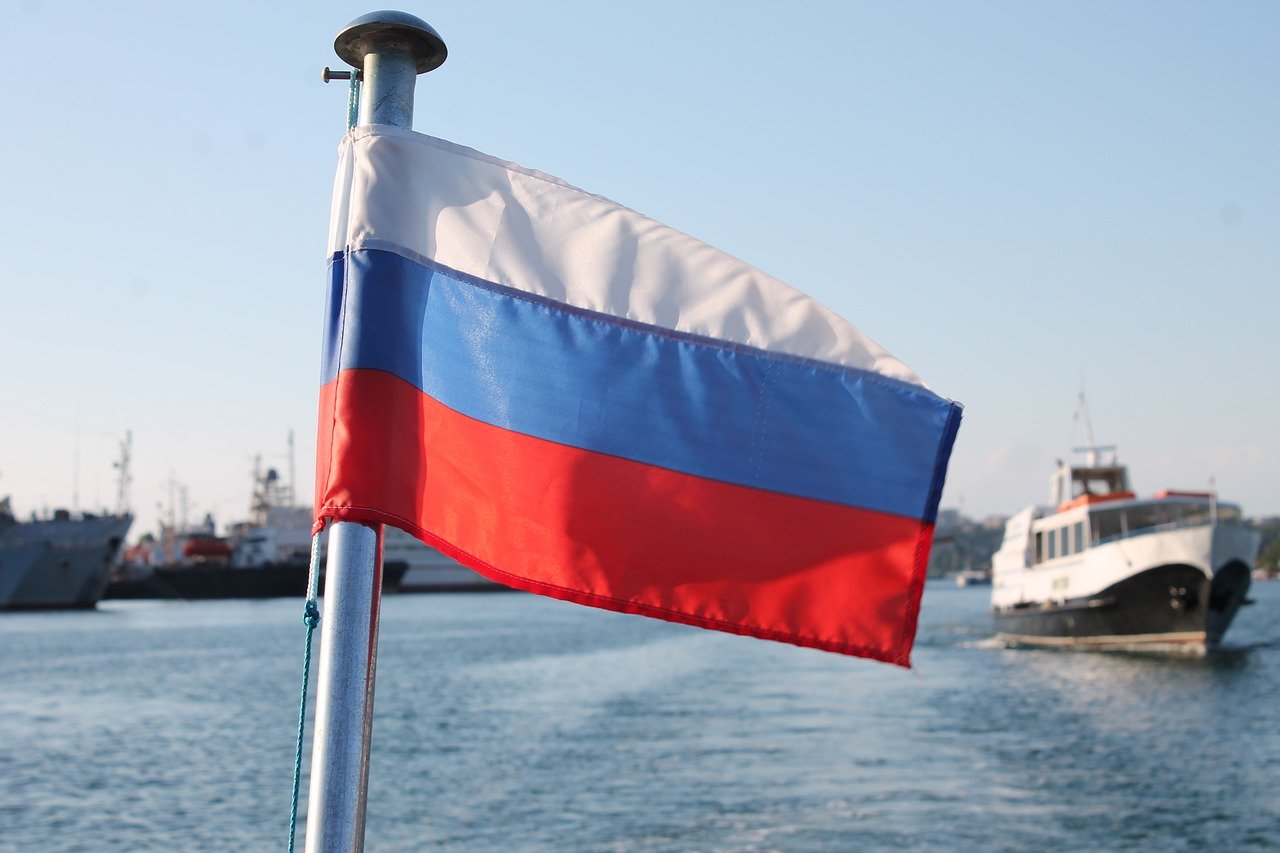Over the past several years, Russia has garnered an infamous reputation for its expansionist policies, which seek to promote and spread the Kremlin’s political, economic, and military ideologies worldwide. Recently, it has pivoted its focus on increasing its presence in the Aegean Sea. The deadlocked conflict between Turkey and Greece has created a vacuum that Russia has already exploit.
The Aegean Sea is part of the Mediterranean Sea, and it is connected to the Marmara Sea and the Black Sea. The water body is located between Europe and Asia, and, therefore, offers numerous strategic benefits. For centuries, Russia has demonstrated a keen interest in these four water bodies as they have played a critical role in historical conflicts between Russia, European powers, and Turkey.
Today, Russia seeks to establish a strong presence in the region for several reasons. First, the North Atlantic Treaty Organization (NATO) largely dominates the Mediterranean region, serving as a significant counterbalance to Russia. By expanding its influence in the area, Russia aims to protect itself from any NATO threats and undermine the bloc’s efforts to get Ukraine and Georgia to join the group. Second, the Black Sea, Mediterranean, and Aegean Seas regions are critical to Russia’s geoeconomic strategy. The water bodies enable Russia to protect and promote important trade routes with key European markets and expand southern Europe’s dependency on Russia’s oil and gas exports. Finally, Russia hopes to use the strategic aspects of this region to forge political, economic, and military relationships with regional players such as Cyprus, Egypt, Greece, Israel, Libya, and Turkey, as it has successfully and controversially done in Syria.
Turkey, Greece, and Cyprus are particularly susceptible to Russian influence efforts. This is because they are geopolitically closer to Russia, share similar cultural and historical traits, have cooperated with Russia in the past, and their economies are dependent on Russian hydrocarbons. As Russia broadens its engagements with Middle Eastern nations, it can also use these water bodies to prevent Middle East turmoil from spreading to Russia.
Russia is especially interested in the Aegean Sea region to increase its military foothold in this sought-after part of the world. For more than a year, Greece and Turkey have been in a deadlocked dispute over which nation should control the Mediterranean Sea and the oil and gas reserves beneath them. NATO countries have refused to back down, creating fissures in the bloc’s consolidated power. These divisions have provided Russia with a ripe opportunity to intervene and expand its influence. This region is especially important for the country as Russia is Europe’s leading supplier of gas. Gazprom, Russia’s state-owned oil and gas company, the largest publicly-listed natural gas company, supplies Europe with 37% of its gas. This has fostered significant energy dependence that has enabled Russia to exert influence over Europe. By establishing its presence in the Aegean Sea, Russia can undermine any efforts to weaken its hold over Europe and its gas supplies.
However, expanding Russian influence in the region could result in numerous consequences. Suppose Russia were to successfully forge relations with smaller nations in the region, including some NATO powers. In that case, it could create further fissures in the bloc’s power structure, allowing Russia to deepen its influence in the region, undermining the influence of Western democratic countries. This is especially a concern if Russia can foster greater dependency on its exports of oil and gas. As Russia has demonstrated in Syria and Ukraine, it is willing to forego norms and rules around international human rights and sovereignty to further its own aims. This raises concerns that the country could operate similarly in the Mediterranean, which would result in destabilization and numerous social, political, and economic consequences.
Russia is implementing its policy of expansionism around the world, and its latest area of focus is the Aegean Sea region. The area holds numerous political, social, economic, and military advantages, which will help the country grow its economy and broaden its influence. Ongoing disputes between Turkey and Greece in the Aegean region have created a power vacuum, making the area ripe for Russian intervention and expansion.
Russia’s growing presence in the Agean Sea presents a threat to both Europe and the broader region, as the Kremlin often plays a destabilizing role in similar situations. NATO allies must solidify their efforts and undermine Russia’s expansionist ideology if it wants to maintain power over the Sea.



















